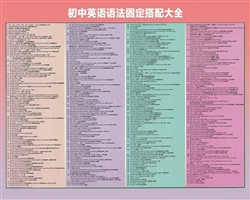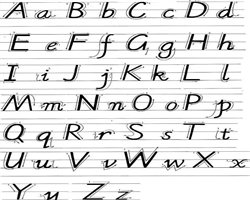It is a dilemma most experienced travellers will have encountered at one time or another - whether to give a tip or not? And, if so, how much?
出国旅行,周游世界,旅途经常会遇到小费问题,该不该给?给多少?什么时候给?怎么给?这些纠结可能是很多人的共同经历。
It is a minefield where offence can easily - if inadvertently - be given, either by tipping in the first place, or by giving too large or small a gratuity.
在给小费的问题上很容易会成为雷区,无论是第一时间给小费还是给的小费过多或过少都可能会无意中冒犯别人。
The topic has been taxing both main political parties in the UK this week, as they have chewed over laws forbidding bar restaurants from keeping tips from staff.
本周,英国两大主要政党还在为是否立法禁止酒吧餐馆老板截流服务员的小费展开辩论。
Not every country in the world takes the matter as seriously as the British, who are believed to have invented the custom in the 17th Century - originally as an aristocratic practice of giving small gifts to the so-called "inferior classes".
世界上并不是每个国家都像英国人那样认真对待这件事。小费是英国人在17世纪时"发明"的,最初是贵族给“下等人”的小礼物。
Tipping, nonetheless, is a habit widely indulged around the world, although it is tangled up in a nation’s culture values.
尽管如此,虽然给小费与一个国家的文化和价值观有千丝万缕的联系,但是这一习惯在全世界都很流行,。
United States
美国
A common joke amongst Americans is that only a filing tax return is more confusing than tipping.
美国有个流传甚广的笑话,说唯一比报税更令人困惑的是给小费。
Gratuities were imported into the country in the 19th Century, when wealthy Americans began travelling to Europe. The custom was originally frowned upon critics considered it anti-democratic accused tippers of creating a class of workers who “begged for favours”.
在19世纪,当富有的美国人开始到欧洲旅行时,小费就被引入了这个国家。这一习俗最初遭到反对,批评人士认为这是反民主的,并指责小费者创造了“乞求优待”的工人阶层。
Fast forward to the 21st Century you will still find Americans debating the pros cons. But tipping is now completely ingrained in the national psyche.
进入21世纪,有时还可以听到美国人在辩论小费的利弊,但实际上美国人对小费文化早就习以为常。
China
中国
Like many Asian countries, China has a largely a no-tipping culture - for decades it was actually prohibited considered a bribe. To this day, it remains relatively uncommon.
和亚洲许多国家一样,中国没有小费文化,服务行业传统上没有小费这一说。传统上给小费很容易被视为贿赂。这种“无小费”文化到现在也没太大变化。
At restaurants frequented by locals, customers do not leave gratuities.
在中国的餐馆吃饭不必给服务生留小费。
Exceptions are restaurants mainly catering to foreign visitors, hotels with a similarly international clientele (even then it’s only acceptable to tip baggage handlers).
也有例外,就是顾客以外国人为主的一些餐馆。也有一些面向海外游客的酒店,行李员可以收小费。
Another exception is to leave gratuities for tour guides tour bus drivers.
另一个例外是给导游和观光车司机小费。
Japan
日本
Japan’s intricate etiquette system encompasses gratuities. It is socially acceptable on occasions such as weddings, funerals, special events, but on more common situations, it can actually make the receiver feel belittled, if not insulted.
日本错综复杂的礼仪体系包含了各种小费。被习俗允许收受小费的地方包括(但不仅限于)婚礼、葬礼,还有其他一些特殊场合。一般情况下,给小费会被对方认为是一种冒犯、侮辱。
The philosophy is that good service should be expected in the first place. Even on occasions where tips are expected, it follows a protocol that includes handing the money in special envelopes as a sign of gratitude respect.
这背后的逻辑与哲学有关:提供优质服务是职责所在,道理上不应该得到额外酬谢。即使在可以接受小费的情况下,也需要遵守一定规矩,比如小费要装在一个特殊的信封里,以示尊重和感谢。
Hotel personnel, who are almost universally courteous prompt, are trained to politely refuse tips.
酒店的员工专门受过如何礼貌地拒绝小费的培训。彬彬有礼和及时回应是他们的职业操守准则。





 。
。